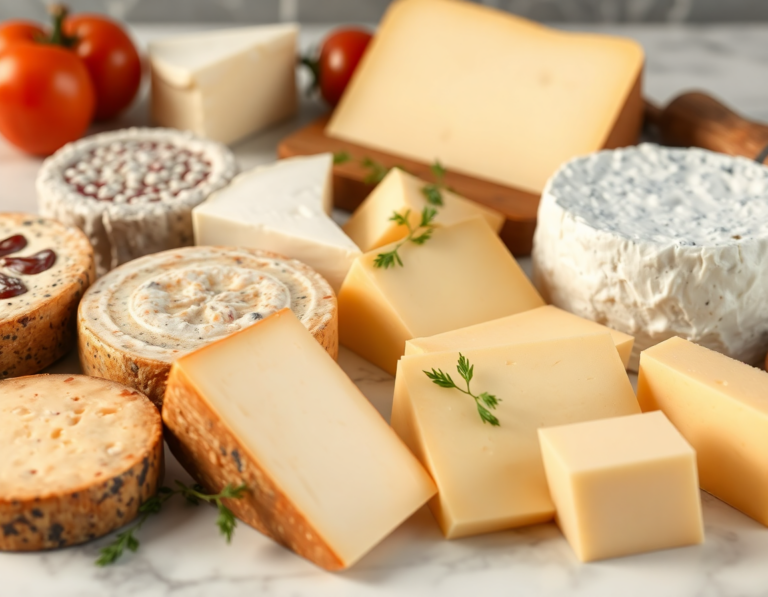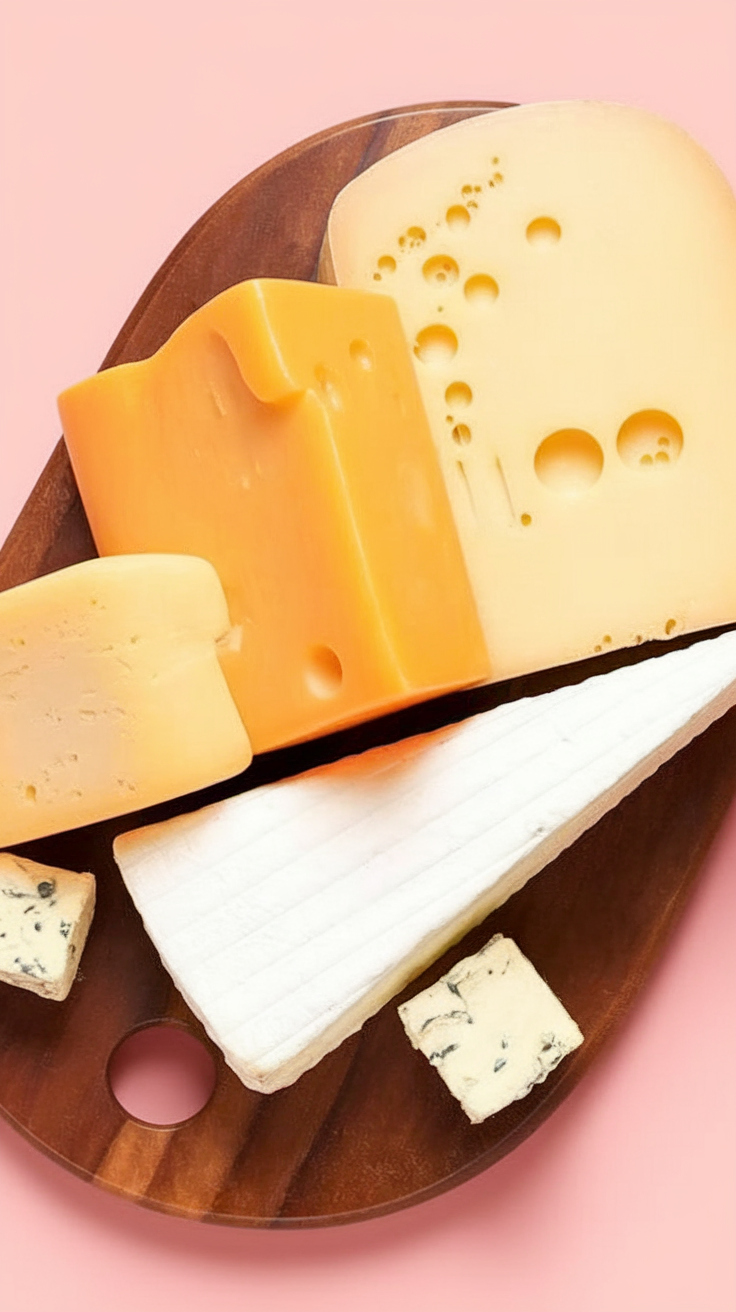Cheese lovers, gather ’round—it’s time to talk about the creamy, dreamy wonders of keto cheese snacks! Imagine yourself at a cozy autumn gathering or maybe just snuggled up on the couch, indulging in these cheesy creations that are as satisfying as finding the last piece of a jigsaw puzzle. Whether you’re a cheese connoisseur or just a snack enthusiast, these recipes will make your taste buds dance like nobody’s watching.
Steps
- Understand the basics of the keto diet: It’s a high-fat, moderate-protein, and low-carb diet aimed at changing your body’s primary fuel source from carbohydrates to fat.
- Recognize that cheese can be a suitable food for the keto diet due to its high-fat, moderate-protein, and low-carb content. Opt for high-quality, grass-fed, full-fat cheeses to maximize benefits.
- Be mindful of portion sizes: Although cheese fits the keto diet, it’s not calorie-free and contains saturated fats, so moderation is key.
- Consider the potential weight loss benefits of cheese: Some research indicates that higher cheese consumption may be associated with a lower BMI over time, but balance intake to prevent calorie excess.
- Monitor health outcomes: Cheese may contribute to better cognitive health with age, but if you experience weight loss plateaus or digestive issues, consider reducing cheese intake.
- Evaluate your body’s response to dairy: If you tolerate cheese without negative effects, it can remain part of your diet, but consult with a healthcare provider if you encounter issues.
- Choose the right cheeses for your keto plan: Learn which cheeses are most beneficial, which should be limited, and which to avoid to support a successful low-carb diet.

Ingredients
FAQ
- What is the ketogenic diet, and how does it work?
- The ketogenic diet is a high-fat, moderate-protein, low-carb diet aimed at altering your body’s biochemistry to burn fat instead of carbohydrates. This metabolic state is known as ketosis, which may help with weight loss.
- Can you eat cheese on a keto diet?
- Yes, cheese is generally considered a good fit for the keto diet because of its high-fat, moderate-protein, and low-carb composition. However, it should be consumed in moderation due to its calorie content and saturated fat levels.
- What types of cheese are recommended on a keto diet?
- The best cheeses for a keto diet are high-quality, grass-fed, and full-fat varieties. These types align well with the diet’s macros and can enhance meal flavor, texture, and variety.
- Can cheese contribute to weight loss on a keto diet?
- Some research indicates that cheese may aid in weight loss, with studies showing a link between higher cheese consumption and lower BMI over time. However, cheese is calorie-dense, so it should be enjoyed in moderation.
- What should you do if you experience a plateau in weight loss on keto?
- If you notice a plateau or other issues such as gastrointestinal discomfort or water retention, consider reducing or eliminating dairy from your diet. Consult with a healthcare professional to assess the role of dairy in your keto plan.
Tips
- Opt for high-quality, grass-fed, full-fat cheeses. These varieties are more aligned with the keto diet’s high-fat, moderate-protein, and low-carb requirements, and they add flavor and texture to your meals.
- Enjoy cheese in moderation. While cheese is a keto-friendly food, it is still high in calories and can contribute to weight gain if consumed in excess.
- Monitor your body’s response to cheese. If you experience gastrointestinal discomfort or water retention, consider reducing your cheese intake or discussing dietary changes with a healthcare professional.
- Be mindful of the types of cheese you choose. Not all cheeses are suitable for a keto diet, so focus on the ones that align with your dietary goals and avoid those that may hinder your progress.
Equipment
- by-step cooking guide or recipe that lists ingredients and equipment. Therefore, there’s no need to list any main equipment that one might need to purchase from Amazon for this purpose.

